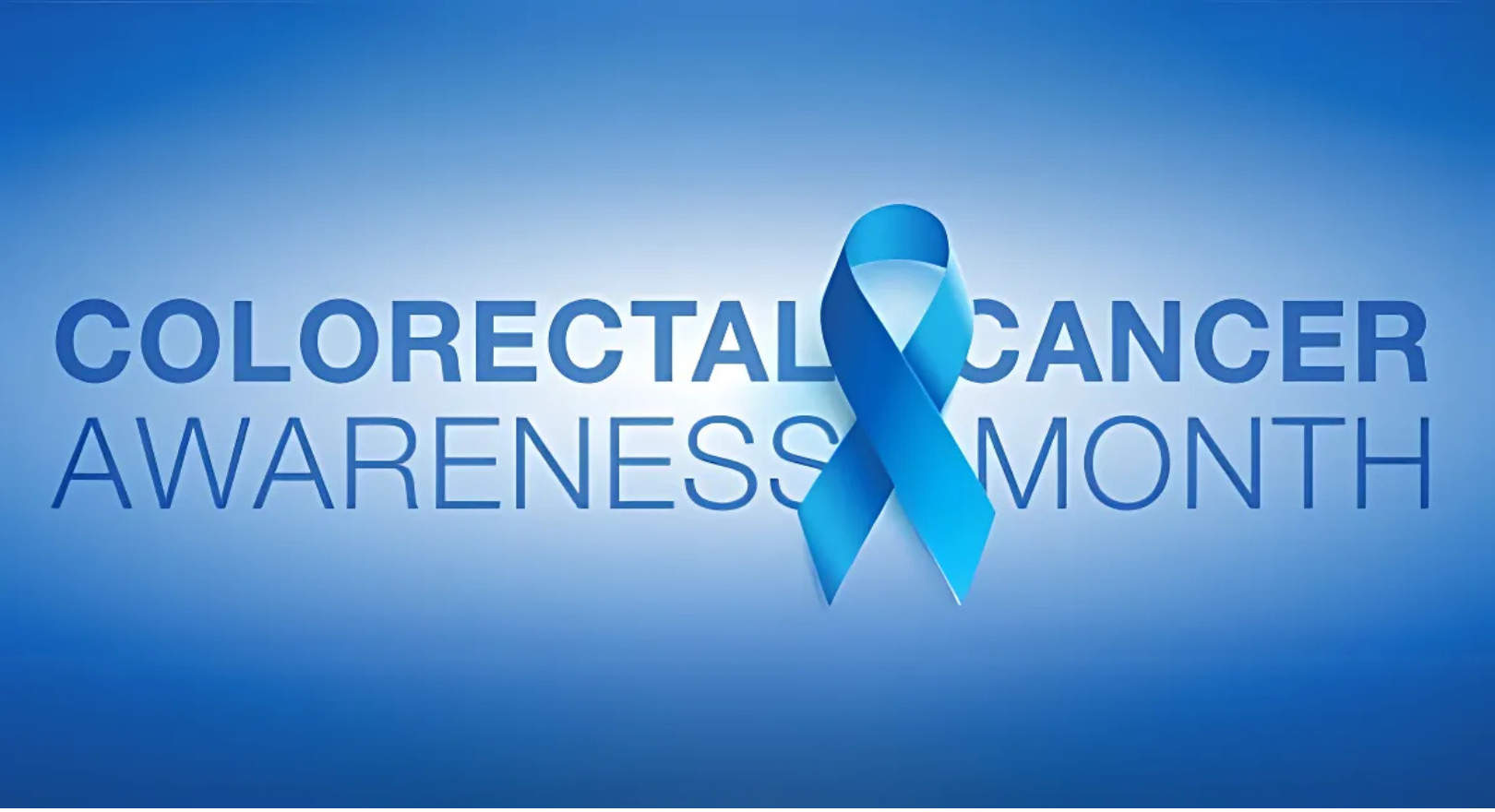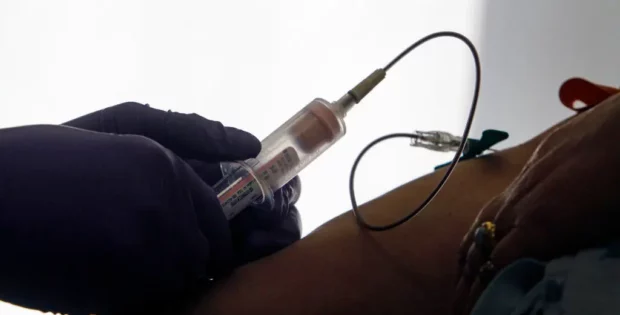Advancing Research and Diagnostics in Colorectal Cancer

Colorectal cancer (CRC) presents a significant challenge in medicine, both in terms of its prevalence and its outcomes. It remains the second-leading cause of cancer-related deaths in the U.S., despite being one of the most preventable cancers with early detection. At Guardant Health, our research is focused on addressing critical gaps in colorectal cancer screening and diagnostics, with the goal of advancing the scientific understanding, enhancing precision medicine, and improving patient outcomes.
Current Challenges in Colorectal Cancer
A central issue in CRC detection is the low adherence to existing screening methods. Colonoscopy, while effective, is invasive and requires significant preparation, deterring many from routine screening. Stool-based tests, though non-invasive, continue to suffer from adherence challenges and limited accuracy in some cases. These gaps in screening adherence contribute to late-stage diagnoses, which are associated with poorer outcomes.
From a research perspective, this represents an opportunity to rethink how CRC is detected, particularly for asymptomatic individuals. Blood-based diagnostics, such as Guardant Health’s Shield™ test, are emerging as a solution by addressing barriers to screening and providing a simpler, non-invasive alternative.
Scientific Advances in Blood-Based Diagnostics
The Shield test is built on Guardant Health’s expertise in analyzing circulating tumor DNA (ctDNA) and epigenomic markers. By combining multiple biomarkers, Shield achieves a level of accuracy that is comparable to traditional methods, with high sensitivity across all stages of colorectal cancer. This multi-modal approach represents a key advancement in cancer detection, allowing for both early identification and a reduction in false-positive rates.
Our research is also contributing to a broader understanding of the biological mechanisms of colorectal cancer. Through ctDNA analysis, we are uncovering insights into tumor biology, including genetic mutations, methylation patterns, and tumor heterogeneity. These findings not only enhance diagnostic capabilities but also have implications for treatment planning and monitoring.
The Future of Colorectal Cancer Research
Looking ahead, we see several key areas of focus for CRC research. One is expanding the use of ctDNA beyond detection to track tumor dynamics in real time. This could help inform decisions on treatment strategies and predict responses to therapy.
Another area of interest is multi-cancer early detection (MCED). The same principles underlying Shield’s technology can be applied to detect other cancers. Guardant Health is actively exploring how to integrate these capabilities into a comprehensive diagnostic platform.
Additionally, disparities in CRC outcomes remain a critical area for research. Black and Hispanic populations are more likely to be diagnosed at later stages, and addressing these inequities requires targeted research and collaboration with community organizations to improve access to innovative screening methods.
Progress Through Research
At Guardant Health, we are committed to advancing scientific understanding of colorectal cancer through rigorous research and innovation. Our work in ctDNA, epigenomics, and biomarker discovery is paving the way for more accurate and accessible diagnostics.
By focusing on the science, we aim to contribute to a future where colorectal cancer can be detected earlier and managed more effectively, ultimately improving outcomes for patients around the world.



